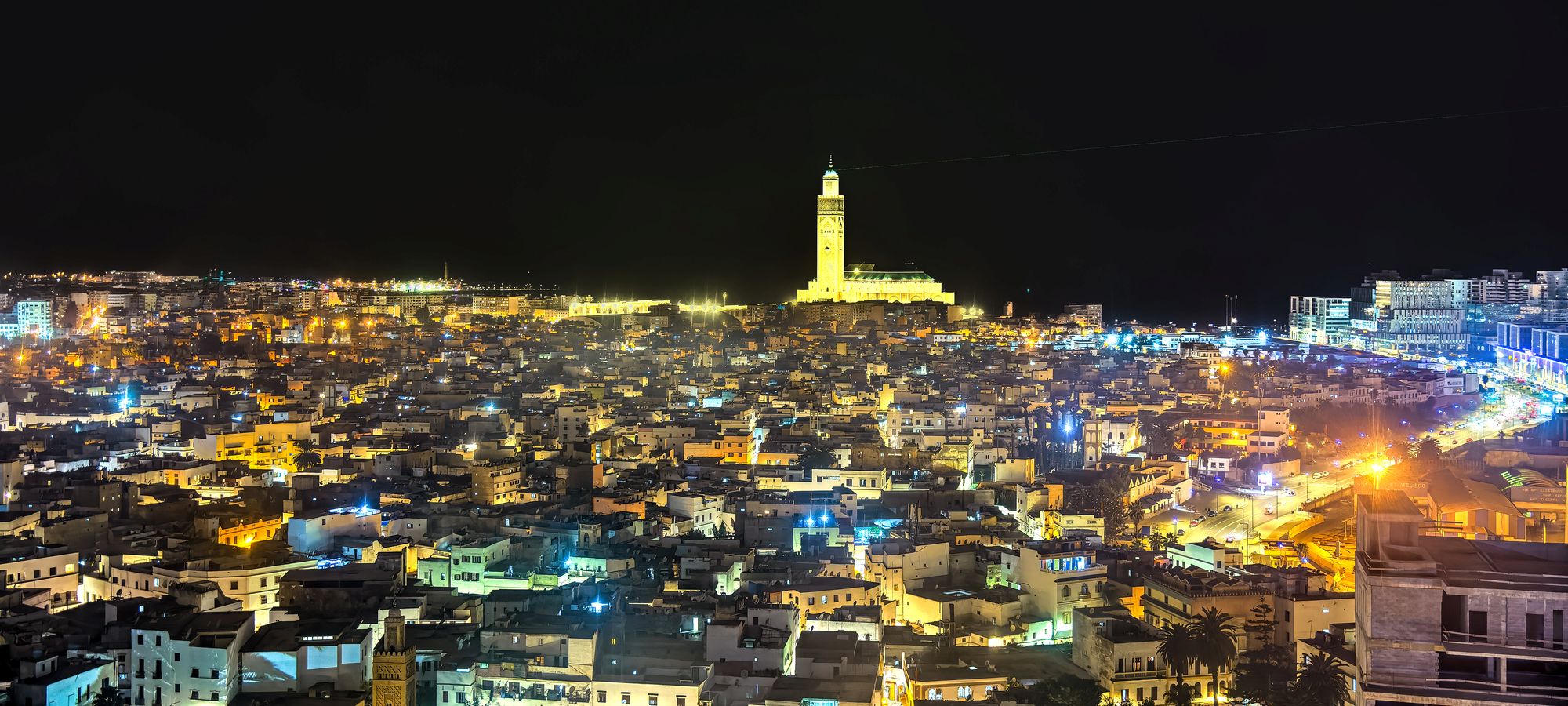New listings highlight the success of a 10-year programme with the partners such as the World Bank, which has supported Morocco through the World Bank Group’s Joint Capital Market Program Sustainable Finance Facility (J-CAP SFF), funded by the Swiss State Secretariat for Economic Affairs (SECO).
Samia Mouline and Sébastien Boitreaud, writing for the World Bank blog, report: “Morocco has implemented structural reforms to modernize its financial system. The Casablanca Stock Exchange has developed an integrated market infrastructure, which is expanding with a central counterparty (CCP) and a derivatives market currently being finalized, improving efficiency and risk management. New financial instruments—including Real Estate Investment Trusts (REITs), Sukuks, green bonds, and project bonds—have broadened financing options for both public and private stakeholders. The introduction of a covered bond law is another significant step, designed to strengthen housing and municipal financing. Crowdfunding is emerging as a tool to support small-scale entrepreneurs, while synthetic securitization provides financial institutions with risk management solutions and enhanced liquidity.
“JCAP SFF has played a key role in supporting Morocco’s capital market evolution by contributing to strengthen the regulatory framework and foster a more enabling investment environment. The following two recent transactions illustrate the tangible impact of supported reforms:
- Morocco’s first infrastructure-focused securitized debt fund, led by the National Office of Electricity and Drinking Water (ONEE), was enabled through the introduction of a new legal framework allowing local securitization funds to provide debt financing for infrastructure projects. By securitizing future cash flows, the initiative mobilized over $400m, demonstrating the potential of debt securitization to channel private capital into energy infrastructure and to complement bank financing without relying on public guarantees.
- The modernization of the private equity legal framework, aligning it with international best practices, through the recent amendment of the law on Organismes de Placement Collectif en Capital (OPCC). This reform has already unlocked new private equity and venture capital flows, with the International Finance Corporation (IFC) committing its first direct investment in a VC fund under Morocco legal framework.”
Giving investors what they are looking for
Reporter Harry Clynch of African Business asked Raef Kawar, partner at Rabat-based investment banking firm EuraBridge. He said : “Morocco has understood that to be able to attract more capital, we need to have the standards that potential investors are looking for.
“This is something that is fundamental if you want the Casablanca Stock Exchange to grow and to pave the way for more companies to list. Previously foreign investors did not see Morocco as a target for public or private financial investments.
“People were often cautious of investing in Morocco, perhaps because the regulations were perceived as not being up to the standards needed to protect international firms and so on. But particularly since the recent reforms, we are having more and more conversations with people interested in investing.”
Kawar points out that the 2022 IPO of Akdital, a Moroccan private hospital operator, was 3.77 times oversubscribed – whereas this year’s listing of healthtech firm Groupe Vicenne was 64 times oversubscribed. “You can see the evolution over the last three years,” he says.
Business and investment surges
Momentum is growing for business and the stock exchange is a key partner. At the time of the Vicenne IPO in July, the Bourse de Casablanca commented that, since 2022, demand for share offerings by companies listing on the exchange has totalled MAD 98.4bn ($10.6bn), while companies have only sought to raise MAD 3.5bn ($377m): “These operations have involved companies operating in key sectors of the economy and have helped to finance large-scale projects, support job creation and stimulate economic activity.”
For the year to 20 November, the Moroccan All Share Index (MASI) of the Casablanca Stock Exchange is up 33.5% to USD based investors and 22.6% to locals, according to African Markets website.
The growing interest in the exchange comes in the wake of structural reforms and as part of a huge surge of investor and business interest in Morocco ahead of it co-hosting 2030 FIFA World Cup for soccer with Spain and Portugal. The broader national economic strategy includes:
- Stadium investments, including a new 115,000 capacity mega-stadium in Benslimane near Casablanca, and renovations to five existing stadiums
- $4.2bn for airport modernization to increase capacity to 80m passengers annually by 2030,
- A $10.3bn national railway expansion project already underway to modernize high-speed trains and intercity connections.
- $1.25bn investment into highway projects, including the Continental Rabat-Casablanca Highway and the Tit Mellil-Berrechid Highwaya .
- $1.6bn to modernize infrastructure at Dakhla Atlantic Port and boost regional trade with Africa and the Americas.
Morocco aims to increase the number of tourists to 26m by 2030, from a record 17.4m in 2024. The country is is also hosting the 2025 TotalEnergies CAF Africa Cup of Nations (AFCON) which runs from 21 December 2025 to 18 January 2026.


2 responses